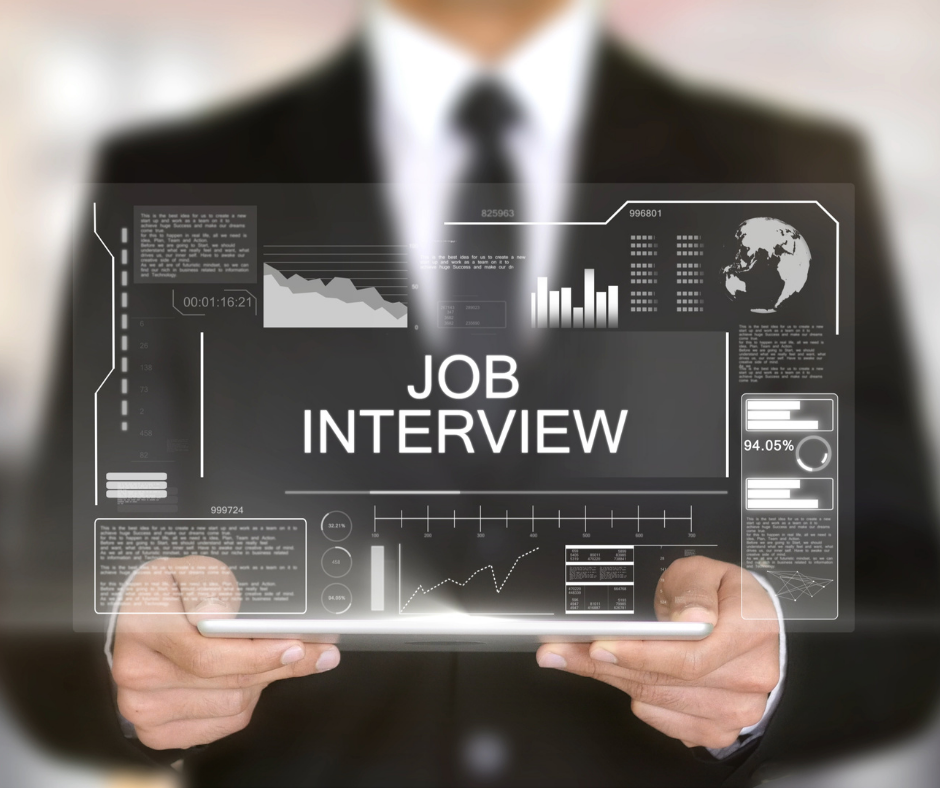As the pandemic seems as though it will get under control by 2021, I started thinking about the interviewing processes and how much they have changed (amongst many other things) this year.

Amidst the covid-19 pandemic in 2020, remote working and virtual interviews have risen significantly. Statics show that in April 2020 once the lockdowns first took place, virtual interviews had risen, with 85% of organisations conducting new recruitment strategies.
For some, unfamiliar with the use of IT in their professions, it can be extremely daunting when the first virtual interview is scheduled.
Let’s take a look at them both and establish the pros and cons.
In-person interviews were born in 1921. Thomas Edison created a written test to evaluate candidates’ knowledge, almost 100 years ago!
In-person interviews are great for getting to know the real person, not just a bunch of skills, experience, and qualifications on paper.
They give the employers a chance to see how well candidates:
- Handle pressure
- Questions
- Adapt to different situations
They allow a little more flexibility in time, and the chance to explore a bit further into issues, opportunities, concerns, and clarifications.
A few downsides of in-person interviews are:
- The added expense of travel
- Loss of time due to travel or extended interviews before you
- Overly prepared answers
It can be extremely difficult for some to relax in new surroundings and under pressure, which will ultimately affect their place in the running, even though they may have above-average experience, knowledge, and skills.
Virtual interviews came into testing just after the turn of the century. The interviewer creates questions in text format and records the interview. Virtual interviews are fantastic for not allowing people to get lost in the crowd, by recording, they allow the saved time to be utilised in watching back and picking the best candidate without having to rely on memory.
A virtual interview automatically has a less pressure effect due to allowing both the interviewer and candidate to be within the comfort of their own surroundings.
Let us look at the pros of virtual interviewing:
- Lower expense for travel and time
- Flexible scheduling
- Expands the number of candidate applications
Virtual interviews are convenient and bring a nice consistency to the process.

The downsides of virtual interviewing are:
- Unstable internet connection
- Poor video and sound quality
- No room for delays, mistakes, and logging-in issues
There is nothing worse than being on the call and having the internet cut out, distorted, or hang, it can cause comfortableness and makes it hard for the interviewer to grasp what you are trying to portray and can affect the outcome.
In-person interviews remain the top choice for individuals. However, employers are heading towards virtual interviewing being their priority. This year, it makes sense that virtual interviewing has taken an upper hand, but the question remains is this the future following the pandemic?
Like any development and change, it takes time to adjust. Useful tips, courses, and online forums are ideal for those of us new to virtual interviewing.
What are your views on these two interviewing methods? Please leave your comments below…



